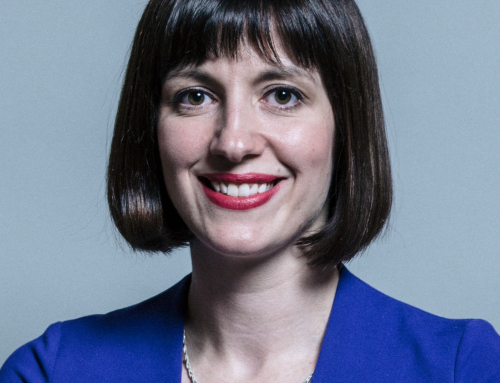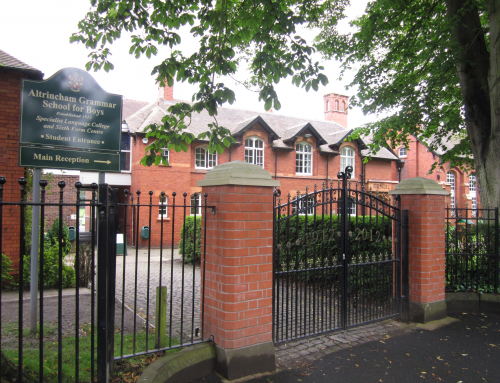Comprehensive Future’s sent a Freedom of Information request to all 163 grammar schools to ask for details of their parental appeals process. The schools responding revealed that 1,051 pupils were admitted through appeals for the 2017-18 academic year, with 757 of these pupils admitted despite failing the 11-plus test. The average grammar school has a Pupil Admission Number (PAN) of 150 so this is equivalent to 5 grammar schools filling with pupils without a test pass.
We know that appeals have a place in entry to any school, but there are signs that some grammar schools have little consistency in their standards and are simply admitting pupils because it wins the schools more funding.
We do not wish to name the schools concerned, but these are details of the schools admitting the most pupils without a pass.
| LA | Appeals heard | Appeals successful | No 11+ pass |
| Kent | 96 | 78 | 78 |
| Kent | 113 | 64 | 64 |
| Kent | 86 | 41 | 41 |
| Kent | 58 | 38 | 38 |
| Kent | 56 | 36 | 36 |
| Gloucester | 83 | 35 | 35 |
| Kent | 60 | 35 | 35 |
| Medway | 48 | 33 | 33 |
Kent grammar schools admitted 465 pupils without a pass, with eight of the county’s 32 schools likely to contain a whole classroom full of pupils who did not meet the bar for entry through the 11-plus. Recent research by the Education Policy Institute showed that school appeals processes are more likely to be used by wealthy families, and it is likely that the pupils accessing grammar schools through parental appeals are from academically confident, wealthier, families. There are even school appeal advisors charging anything up to £1,000 to help with school appeals.
It is surprising that Kent grammar schools find so many unqualified pupils to admit this way, as there is already an extensive primary school review to reassess pupils who narrowly fail the test. Kent primary heads can choose to recommend pupils who fail the 11-plus for a selective school place. The Kent’s Head Teacher Assessment Panels reviewing 1939 pupils who failed the test in 2017 and reclassifying 1,103 pupils as eligible for entry to Kent grammar schools. This means that more than 1,500 pupils in Kent’s selective schools did not achieve a pass score in the 11-plus test, equivalent to around 10 of the county’s 32 selective schools filling with pupils who did not meet the bar for entry through the 11-plus. This suggests that Kent County Council does not have much confidence in the test’s accuracy. Education Datalab reviewed data from Kent’s Head Teacher Appeal Panels and found a great deal of inconsistency in who achieved a place through this review process.
Dr. Nuala Burgess, chair of Comprehensive Future said, “The fact that some grammar schools are admitting huge numbers of pupils on appeal suggests that these schools are quite happy to be less selective when it suits them. It puts any reputation for ‘academic excellence’ into question if academic standards can be dropped the minute there is a financial incentive to do so. It can be no coincidence that Grammar schools are far more generous with granting places on appeal when pupil numbers are low.”
Kent’s council leader, Paul Carter, last year accused the county’s grammar schools admitting pupils without a test pass for financial reasons, saying in a Times interview, “If you were a governor of a grammar school and every pupil that comes along is worth nearly £5,000 you want to try and fill the grammar school up and have full forms of entry.”
Jon Boyes the Principal of Herne Bay High school has called on the Regional Schools Commissioner to review Kent’s professed “need” for more selective places, when the council’s agreed 25% attending grammar schools has grown to more than 40% in some areas. One grammar school near Herne Bay expanded its PAN and filled the places with 64 pupils who had no test pass.
Dr. Nuala Burgess said, “Such tactics would suggest that the £200 million this Government has designated to expanding selective schools is a sheer waste of money. Far from being over-subscribed, many grammar schools appear to struggle to fill their allocation.
“There is a secret world of ‘know how’ when it comes to grammar school appeals, too. It will not surprise people to know that it tends to be ambitious, middle-class parents who understand how this world works and what you must do to secure a place. This yet another reason why grammar schools tend to be full of middle-class kids.
“The best way to ensure school places are allocated fairly is to do away with selective education altogether and give every child a place in a well-funded, local comprehensive school.”
Comprehensive Future’s FOI revealed that there were 52 grammar schools admitting 6 or more pupils through parental appeals, suggesting that many grammar schools are not highly oversubscribed. The Department for Education has a £200 million Selective School Expansion Fund for the expansion of a relatively small number of schools.
It is clear that there is little scrutiny of the process of admission to grammar school. The status of selective schools means they can always lower academic standards and fill their places through appeals, but to do so is unfair to equally qualified local children who were rejected through test. It also makes life extremely difficult for non-selective schools to plan their places, and these schools invariably lose pupils and funding whenever grammar schools expand.






